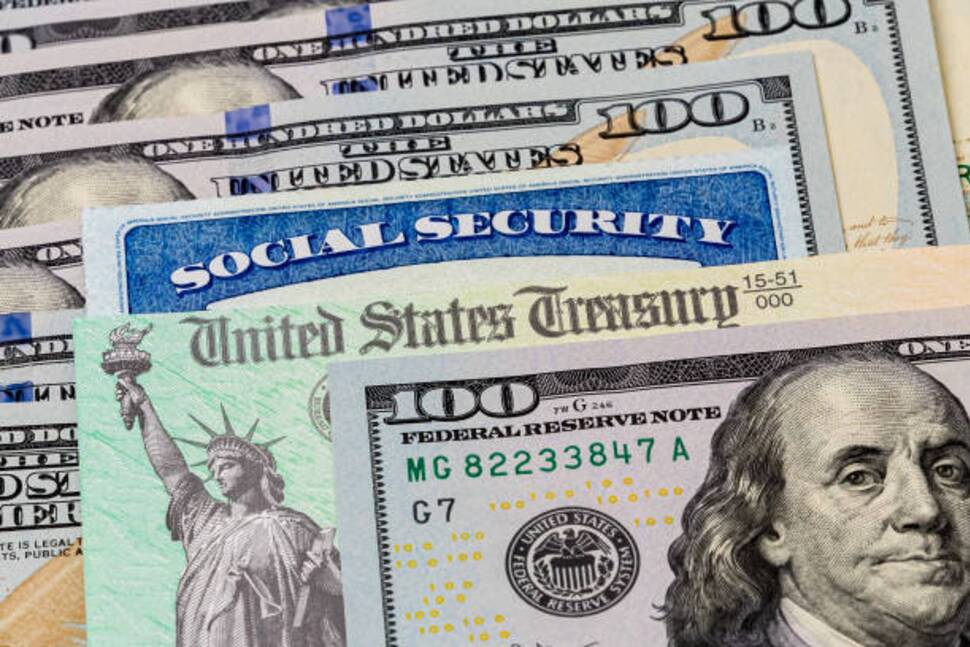If you receive Social Security benefits, you may have heard about a “Social Security bonus check.” This phrase can be misleading because the Social Security Administration (SSA) does not technically issue “bonus checks” as part of its regular benefit payments. However, there are certain situations where individuals may receive additional payments or lump sums under specific circumstances. To understand who might receive these extra funds, let’s dive into these scenarios.
Types of Social Security Benefits
First, let’s review the different types of Social Security benefits to understand where additional payments may come from:
- Retirement Benefits: These are regular monthly payments you receive upon retiring, typically based on your work history and earnings.
- Disability Benefits: If you are disabled and cannot work, you may be eligible for Social Security Disability Insurance (SSDI) or Supplemental Security Income (SSI).
- Survivor Benefits: If you are the spouse, child, or dependent of a deceased worker, you may qualify for survivor benefits.
In these scenarios, additional payments may come in the form of back pay or retroactive benefits, cost-of-living adjustments, or exceptional circumstances like refunding Medicare Part B premiums. Let’s explore these in more detail.
Back Pay and Retroactive Benefits
You might receive back pay or retroactive benefits if you are approved for Social Security benefits. This happens when there is a delay in processing your claim or if you become eligible for benefits from an earlier date. For example, apply for disability benefits and your claim takes several months to be processed. You may receive a lump sum payment to cover the months you were eligible but did not receive benefits.
Cost-of-Living Adjustments (COLA)
Social Security benefits are subject to annual cost-of-living adjustments (COLA) based on inflation. While these adjustments typically increase your monthly benefit amount, they may also result in a one-time “bonus” check if any discrepancies or corrections are needed due to previous underpayments. However, these are relatively rare.
Particular Circumstances: Medicare Part B Refunds
Sometimes, you may receive a refund of Medicare Part B premiums deducted from your Social Security benefits. This typically occurs if you qualify for a low-income subsidy program like the Medicare Savings Program. In these situations, your state may pay your Part B premiums, and you might receive a refund of any previously deducted premiums.
Tips for Receiving Additional Payments
If you think you may be eligible for additional payments from Social Security, consider these steps:
- Review Your Benefit Statements: Regularly check your Social Security statements to ensure your benefits are accurate.
- Contact the SSA: If you believe there is a discrepancy in your benefits or are unsure about your eligibility for additional payments, contact the SSA for clarification.
- Keep Records: Keep thorough records of your applications, correspondence, and Social Security payments. This can help you identify discrepancies or missing payments.
Conclusion
While there isn’t a “Social Security bonus check” in the traditional sense, there are situations where you might receive additional funds from the Social Security Administration. These situations include back pay, retroactive benefits, cost-of-living adjustments, and exceptional circumstances such as Medicare Part B refunds. Stay vigilant and proactive by reviewing your benefits statements and contacting the SSA if you believe you may be entitled to additional payments.
